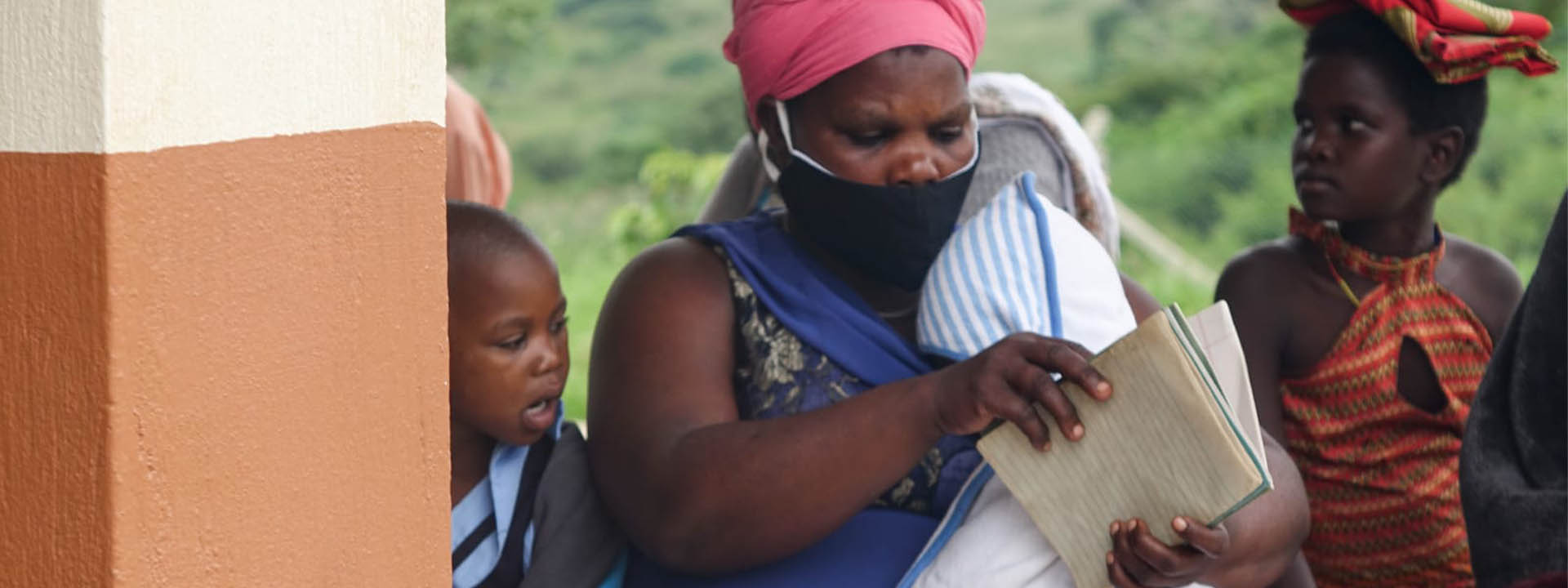Armed conflicts and natural disasters have triggered major displacements of people in the IGAD region. Countries in the region continue to receive new arrivals in 2022 – the fragility making displacement one of the most complex and pressing regional challenges to reducing poverty and achieving sustainable development. Most of the displacement situations in the region are protracted and have lasted for over 20 years. More than 70 per cent of all displaced populations in Africa and more than one-fifth of those displaced globally are hosted in the IGAD region. In 2021, UNHCR estimated that there were more than 14 million persons of concern in the IGAD region, including over 4 million refugees and asylum-seekers.
Despite the high displacement figures, the declining trend of third-country resettlement figures and the mobility restrictions brought about by the Covid-19 pandemic, IGAD member states have maintained an open-door policy to refugees from within and beyond the IGAD region. Since the Special Summit on Durable Solutions for Somali Refugees and Reintegration of Returnees in Somalia held in Nairobi in 2017, IGAD member states have pursued a regional approach in enhancing protection of refugees and finding durable solutions for displaced populations and their host communities. The Summit recognised the regional nature of impacts of forced displacement and called for a strengthened framework for regional integration and cooperation. The regional approach covers all displacement situations in the IGAD region and has five main priority areas, namely: protection, education, livelihood and self-reliance, and return and reintegration.
To name a few examples:
On protection: the policies reviewed by the different IGAD member states aimed at enhancing inclusion of refugees into the national systems and granting broader access to basic services have contributed to expansion of rights for refugees.
On Education: through the adoption of the Djibouti Declaration in December 2017, granting access to education for refugees, returnees and host communities, the development of national costed plans of action on refugee education pave the way for the inclusion into national education systems. When provided with education and skills development opportunities, refugees and returnees can make significant contributions to host communities and reconstruction efforts in their countries of origin.
On Livelihood: the Kampala Declaration on Jobs, Livelihoods, and Self-Reliance for Refugees, Returnees, and Host Communities, signed in March 2019 by IGAD member states, contains commitments which are an important part in realising in practice refugees’ right to work and access to economic opportunities.
More recently, regional efforts have focused on the displacement situation in the Sudan and South Sudan, aimed at harnessing the peace dividends stemming from the implementation of the peace agreements reached for Sudan and South Sudan to find lasting solutions for 7 million displaced persons in and from the two countries.
The lessons from the past five years suggest that regional interventions such as that of IGAD, produce tremendous results in terms of policy harmonization, coordination, building strong coalition of actors at national, regional and international levels, and providing a unique platform for learning and exchange of experiences. These are essential roles that IGAD will continue to play.
By the IGAD Health and Social Development Division
June 20, 2022

